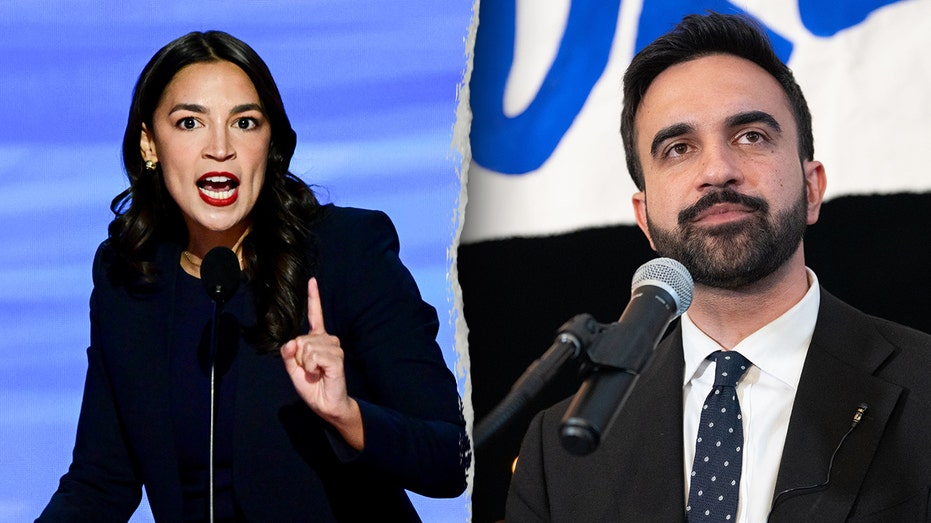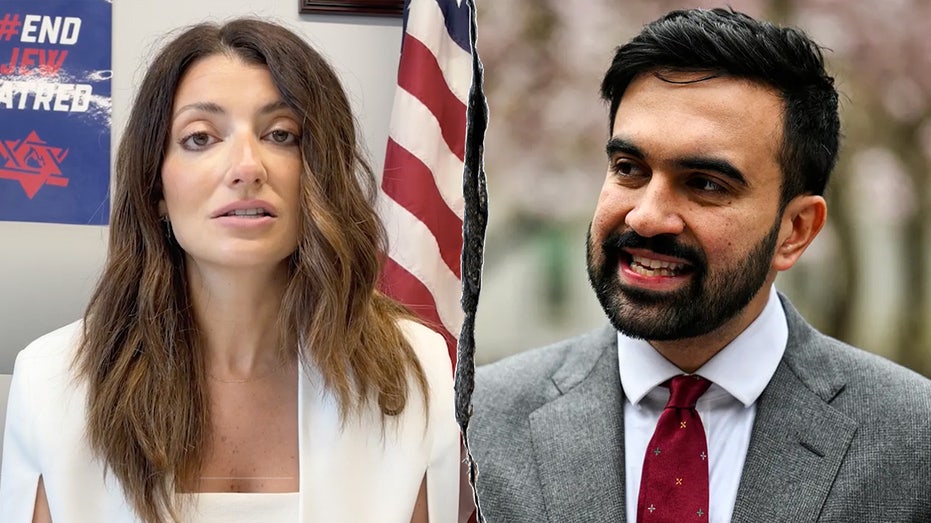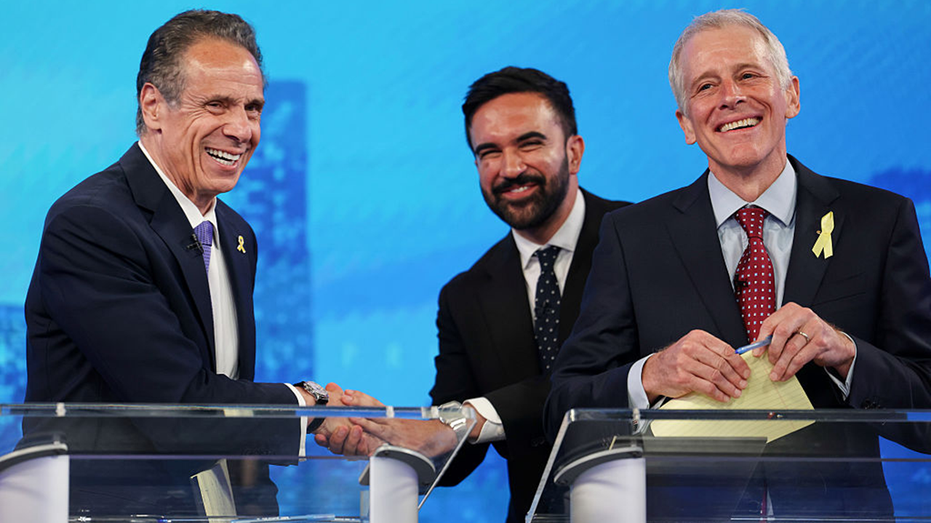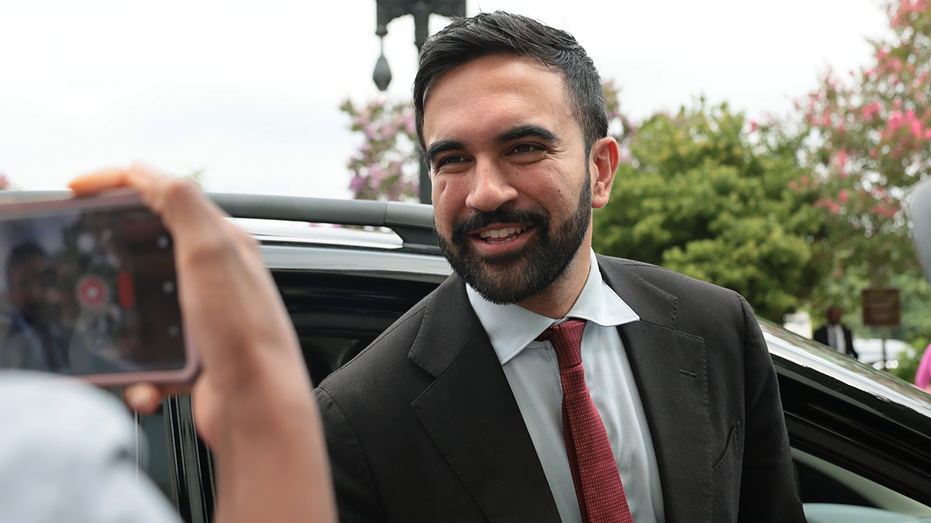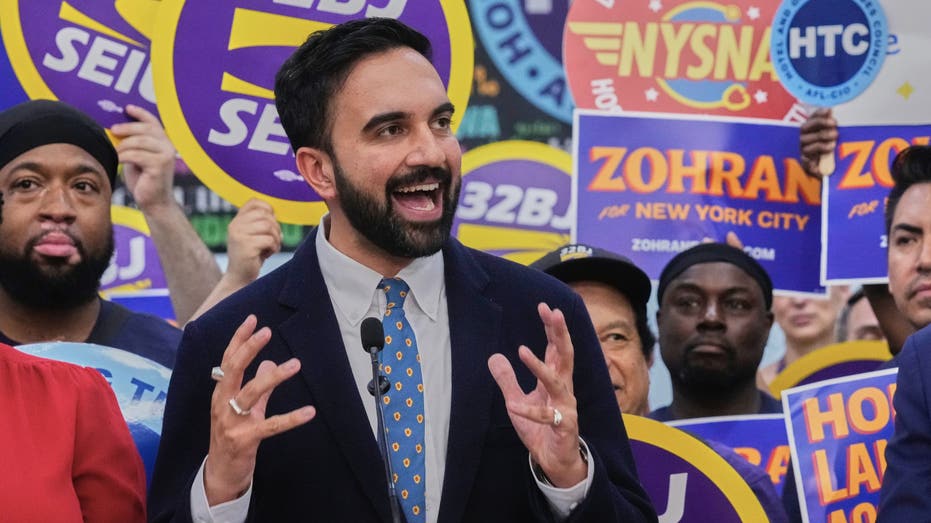Mamdani and AOC Accused of Political Identity Play for Votes

Sarah Johnson
July 27, 2025
Brief
Zohran Mamdani and Alexandria Ocasio-Cortez face criticism for adopting oppressed identities to gain political power in NYC and beyond.
In a striking display of political maneuvering, New York City Democratic mayoral candidate Zohran Mamdani and Rep. Alexandria Ocasio-Cortez have been accused of crafting personas that borrow heavily from the struggles of the oppressed, despite their own privileged backgrounds. This isn’t about stolen credit cards or forged IDs, but a deeper kind of identity play—one designed to win hearts, minds, and, ultimately, votes.
Both politicians have built their public images on slivers of truth, stretched into narratives of hardship. Mamdani, born in Uganda to affluent, educated Indian parents, once claimed Black identity on a college application. Ocasio-Cortez, often touting her "Bronx girl" roots, spent much of her childhood in the upscale environs of Westchester County after early years in the borough. Their stories hinge on a dichotomy of oppressor versus oppressed, a powerful frame they wield to climb the political ladder.
Yet, the reality undercuts their claims. Indian Americans, like Mamdani’s family, rank among the most successful demographics in the U.S., while most Latinos, including Ocasio-Cortez’s heritage, arrived post-Civil Rights era, seeking opportunity rather than fleeing systemic oppression. Their personal histories reflect access to elite education and familial success—Mamdani as a Bowdoin grad, Ocasio-Cortez from Boston University—hardly the hallmarks of the downtrodden.
So why the narrative? It’s effective. In areas like Queens and the Bronx, this rhetoric of resentment resonates, rallying college-educated activists and working-class voters alike. It’s a tried-and-true tactic among leftist leaders, from Marx to Mao, who often hailed from privilege themselves while claiming to champion the underdog.
The counterargument is twofold: celebrate America as a land of opportunity—evident in the success of both politicians’ families—and call out the manipulation. Their critics argue that such crafted identities mislead voters and push policies that historically fail to deliver on their lofty promises. If unchecked, this strategy risks creating a system where elites, cloaked in borrowed struggles, gain at the expense of those genuinely in need.
This isn’t a new game. The playbook of leveraging a sob story for status is well-worn, especially among the ambitious. But when the stakes are political power, the consequences of these borrowed identities could reshape the very fabric of opportunity they claim to defend.
Topics
Editor's Comments
Well, isn’t this a masquerade ball of politics? Mamdani and AOC seem to have borrowed costumes from the ‘oppressed’ rack, despite shopping at the elite boutique. It’s almost like they’re auditioning for a Broadway show titled ‘Struggle: The Musical’—except the only thing struggling here is the truth. Here’s a thought: maybe next time, they can campaign on policies instead of playing dress-up with other people’s hardships. Heck, if identity is this flexible, I might run for office as a Bronx dinosaur—extinct, but still roaring for attention!
Like this article? Share it with your friends!
If you find this article interesting, feel free to share it with your friends!
Thank you for your support! Sharing is the greatest encouragement for us.
